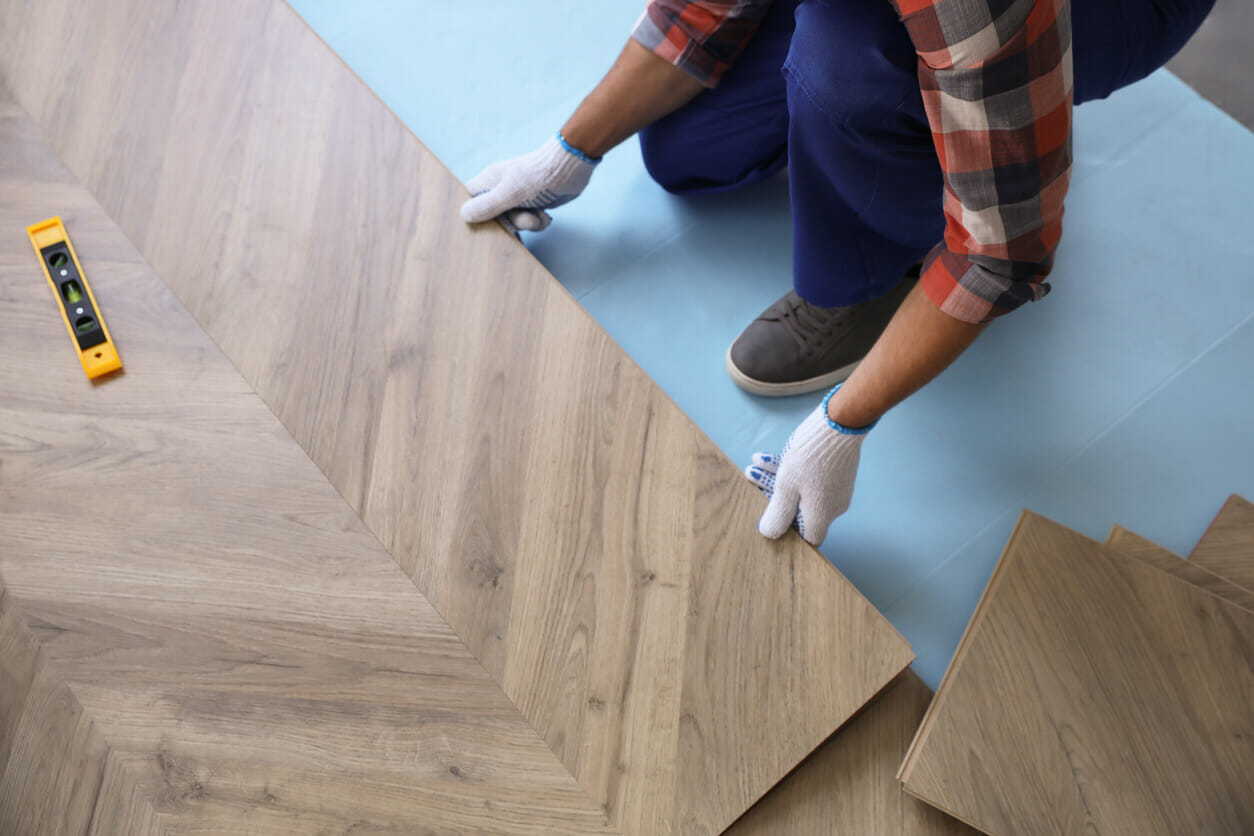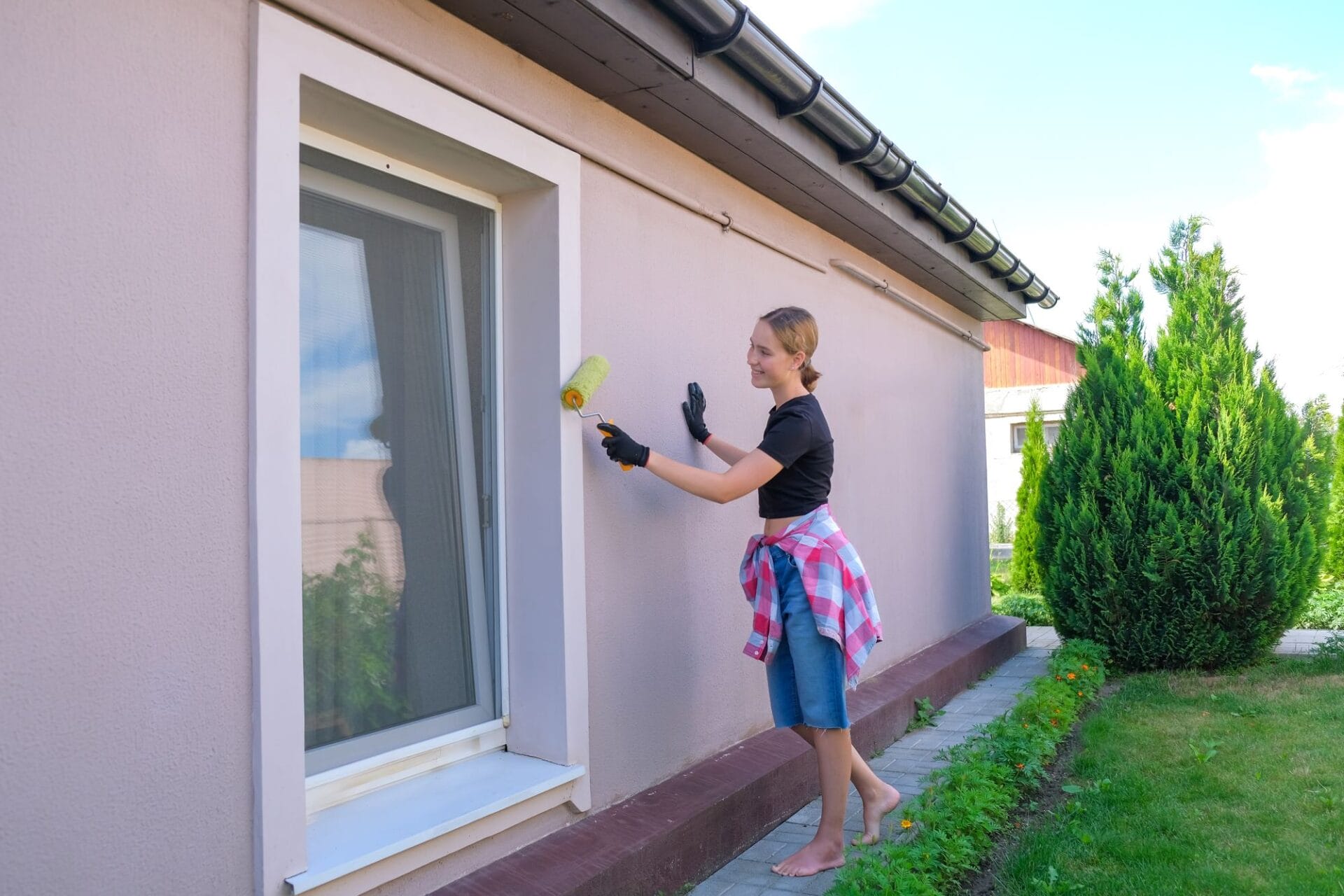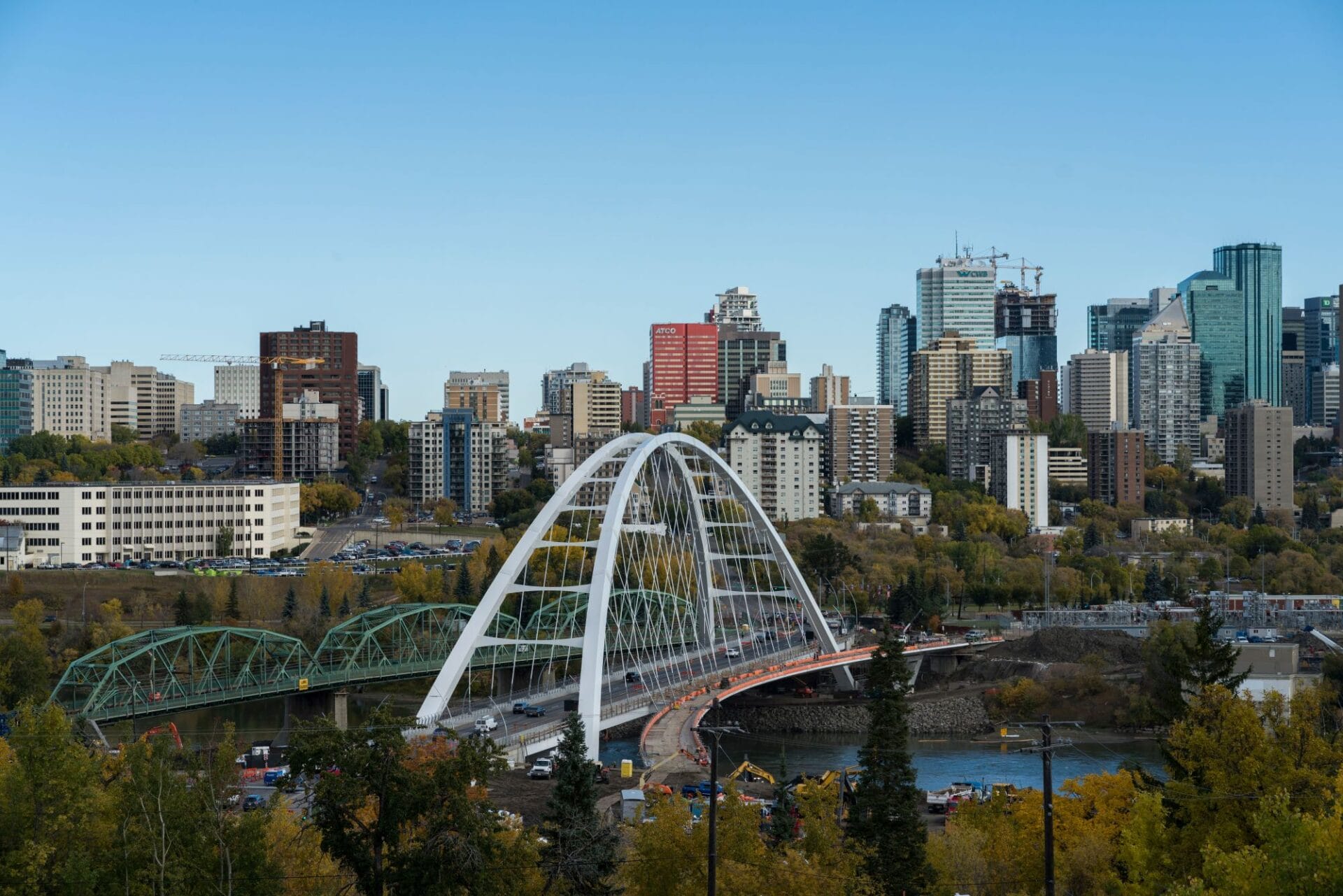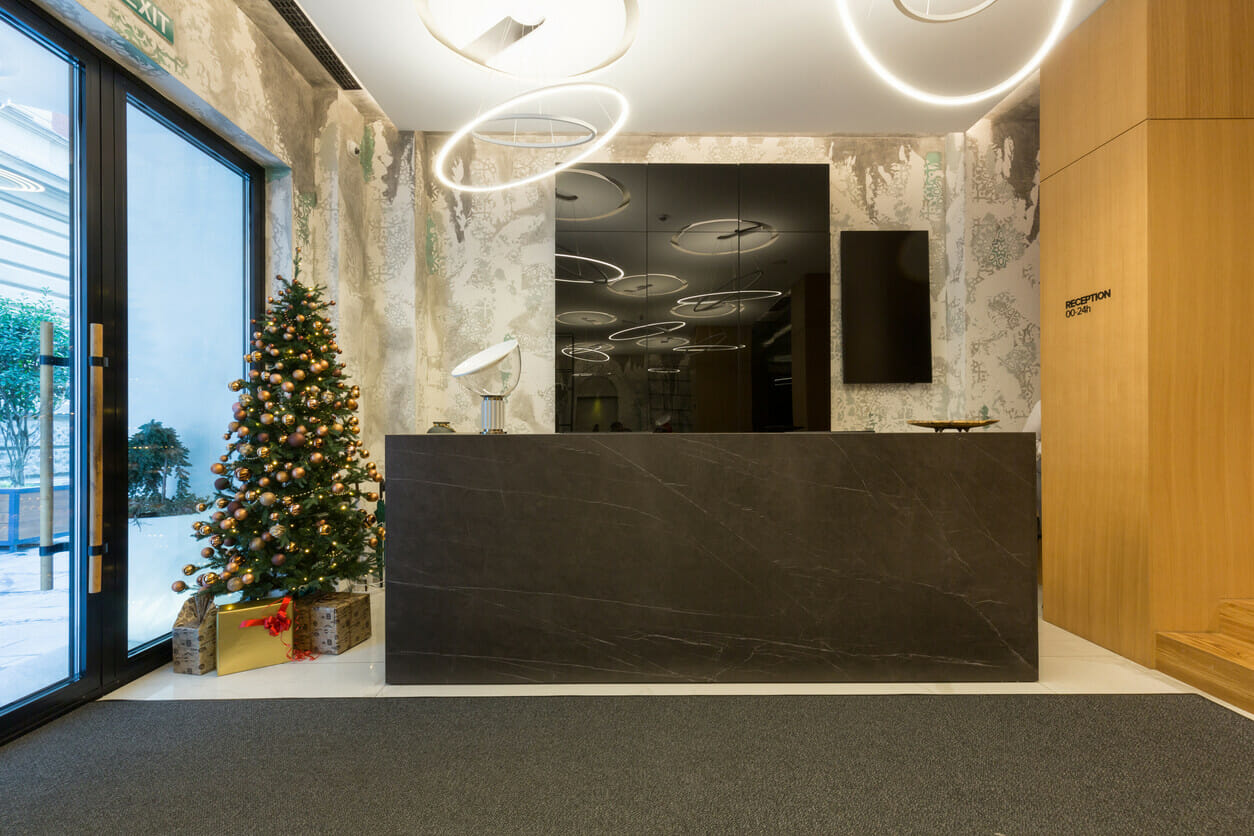You love your condo unit, but the time has come to make some changes. Owners may decide to renovate their units for a variety of reasons. Some wish to bring a new look to an old space, while other units simply need the TLC. And of course, if they are thinking about selling in a few years, renovations can increase the resale value of an owner’s unit.
Download our free renovation request form
But before you spend thousands of dollars at your local hardware store, know that there are more logistics involved in renovating a condominium unit as compared to a single-family home. Make sure you are aware of what you are getting into, and that you have permission from the condo board, before you embark on a project.
Table of contents
- Condo renos vs. single-family home upgrades
- Different condos will have different rules and limitations
- Request forms
- Section 98 agreements
- You may have to pay a deposit fee
- Be prepared to relocate
- Do not go the DIY route for plumbing and electrical projects
- Contractors can be a huge asset
- Modest changes can be enough to increase resale price
When you live in a condo, it’s not as simple as executing single-family home upgrades
When commencing a renovation project, condo owners have to think about building rules, permits, elevator bookings, building access for contractors, and noise limits, on top of all of the things required to execute a successful renovation.
A lot of planning and coordinating is involved, but if you know what to expect, and give yourself plenty of time, the project won’t be as overwhelming as it may initially feel.
Cities have construction noise bylaws that all condo corporations would be obliged to obey, but your building may have stricter noise rules. After all, the people living above, below and beside you will also be impacted by the work that you are doing.
The condo likely has more rules regarding the transportation of materials. Hallways and elevators have to stay clean and damage-free, and you may be required to purchase protective materials or clean up after the crew at the end of the day.
Pro tip – don’t forget about parking. You will need to ensure any contractors or delivery people you are working with have access to unrestricted parking. If they cannot use the visitor parking area to unload materials or pick up garbage, ask your manager what alternative arrangements can be made.
Different condos will have different rules and limitations
The scope and extent of your renovation will depend on what types of changes the condo corporation will allow. Your building might have a published list of what projects are allowed, and when you will need to ask permission from the board. Some buildings will be more lenient about big changes than others.
If there isn’t a document or list available, always err on the side of caution and consult with the condo manager or board before you make any type of change.
Not only will good communication keep you out of trouble, but the board might offer some useful advice regarding the specific project you want to complete.
All reno work, big or small, will likely require a pre-inspection and post-inspection to ensure the work was done right, but again, that will depend on your building’s unique requirements and processes.
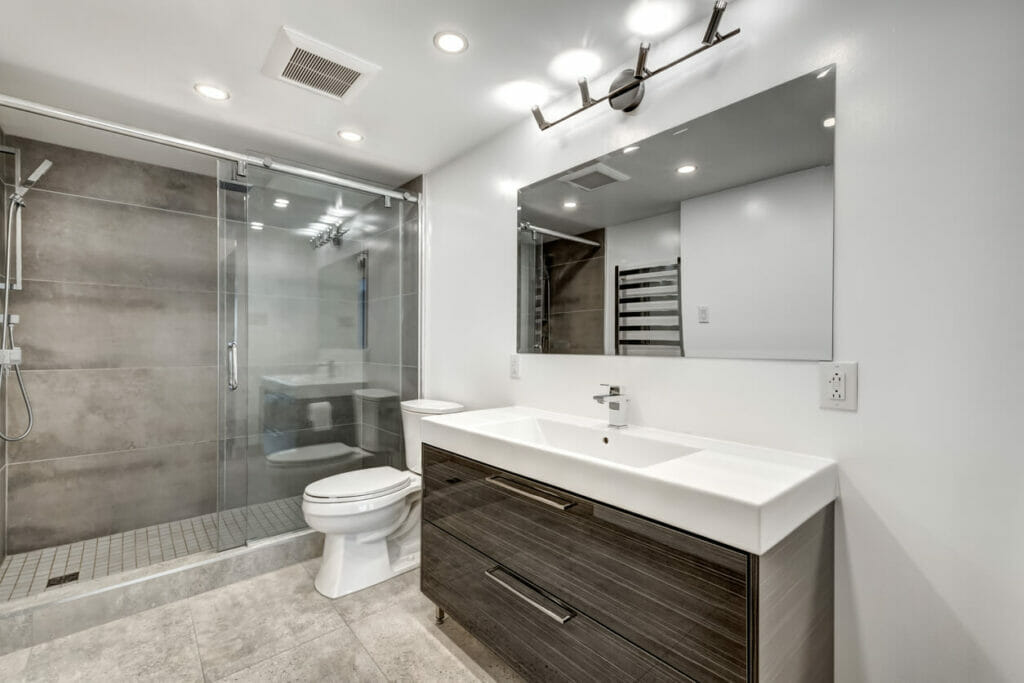
Pro tip – For bigger projects, add at least 2 months to your estimated completion date. Projects almost never go according to plan, and with other parties involved, you can’t control all of the variables.
Request forms
Some corporations may ask owners to submit a renovation request form. This form will explain what projects are permitted, rules, policies and procedures that must be followed when completing a project, and a space for the owner to sign.
A request form helps to keep all parties on the same page and can help minimize conflicts or misunderstandings between owners and the corporation.
Section 98 agreements
A Section 98 Agreement, also known as an “indemnity agreement” or “alteration agreement,” is required in all situations where a unit owner proposes to make an addition, alteration or improvement to a common element of a condominium. This document may be needed when an owner wants to make changes to outdoor lighting on balconies, replace plumbing, or install an EV charging station.
Corporations have an interest in maintaining the uniform appearance of their buildings, which is one reason for this form. Furthermore, if a unit owner is making a personal choice to change a part of a common element, the corporation does not want to be financially responsible for maintaining those changes.
In order to make a change to a common element:
- The board must approve, in writing, the proposed Improvement
- The owner and the corporation must have signed the Section 98 Agreement
- The board must be satisfied that the proposed improvement will not have an adverse effect on units owned by other owners, will not give rise to any additional expense to the corporation, will not detract from the appearance of the property, will not affect the structural integrity of the property and will not contravene the condo’s declaration
The Section 98 Agreement must also answer the following questions:
- How much the proposed improvement will cost
- What duties and responsibilities belong to each party, including the responsibilities and cost for repair after damage, maintenance and insurance
- What additional matters under the Condominium Act must be addressed
You may have to pay a deposit fee
Because there is a risk of damage occurring to one or more common areas during a condo reno project, the corporation might ask the owner to obtain additional insurance or make a deposit before the project begins.
Deposits are usually refundable and are returned to you once the work is complete and the corporation has confirmed that the common areas remained free of damage.
Be prepared to relocate
The best time to do renovations is before you move in. But this is not always possible or practical. Making changes after you’ve lived in a unit is perfectly fine, however you don’t want to live in a place that doesn’t have a working toilet or countertop. If possible, arrange to stay with friends, family or even at a hotel when the renovation is most disruptive.
Do not go the DIY route for plumbing and electrical projects
If you are planning to relocate your kitchen sink, or are doing extensive work in the bathroom, hire a professional! There are simply too many risks involved when working with electricity or water, and unless you are a skilled trades professional, these risks are not worth taking.
Moreover, not all plumbing or electrical renovations in your condo can be done because other units or areas of the building are connected to the same lines that run in your unit. A skilled professional can help you determine what you can and can’t do.
Contractors can be a huge asset
If you don’t have any experience managing a renovation project, or don’t plan to be in the building every day to make sure work is done on time and on budget, you’ll want to have a reputable contractor on your side. While you will pay more for this professional, they can help streamline projects and perhaps even move up the completion date.
Modest changes can be enough to increase resale price
If you’re moving ahead with a reno because you want to increase the resale value of your place, keep in mind that upgrading kitchen cabinets, bathroom fixtures, flooring, tiling, and handles can often get you the results you are looking for.
Larger projects might not always offer the value increase that someone had hoped they would just because of how costly the work can be.
Pro tip – Bathroom fixtures cannot be moved any significant distance without incurring a big expense (and some corporations won’t let you move these kinds of fixtures at all due to potential plumbing complications). Instead of trying to rearrange fixtures, pick a few finishes that would be easy to update.
Conclusion
Ironically, renovating a more compact condo unit can be more complicated than making the same changes to a larger house. But owners can withstand a bit of short-term pain for long-term gain.
Planning, clear communication, and a bit of patience will go a long way when it comes to executing a successful condo renovation. Define the purpose of the renovation, and talk to the board before you start any work.
